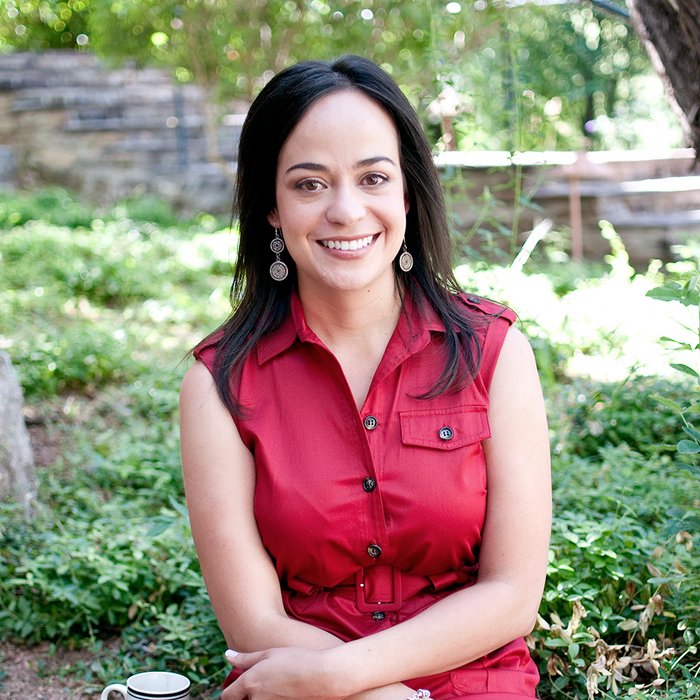
Cecilia Ballí
2010 Ethel-Jane Westfeldt Bunting Summer Scholar
The Fence and the School: Border Enforcement in the Age of National Security
In her book project, Ceclia Ballí examines the impact of the Secure Fence Act on the Lower Grande Valley in South Texas. She demonstrates how everyday life was transformed by the 2006 Congressional mandate to construct a 600-mile security fence along the United States-Mexico border. Based on nine-months of research, she spent the first half of her tenure cataloging materials and writing the ethnographic scenes that will form part of the manuscript. She devoted the second part of her tenure to writing an essay on the violation of human and civil rights by the Mexican military in its efforts to curb drug violence in Ciudad Juárez, Mexico. This involved organizing over 600 documents and news stories that she had collected. She attributes her accomplishments to SAR, which “gifted me with human resources that have already made a difference in my professional trajectory.” In fact, given the timeliness of her study, she was invited to share the results of her work with Governor Bill Richardson at a private dinner party. “This is truly a special place that I leave reinvigorated as a scholar.”
Affiliation at time of award:
Department of Anthropology
University of Texas, Austin
Sponsored by Ethel-Jane Westfeldt Bunting Foundation
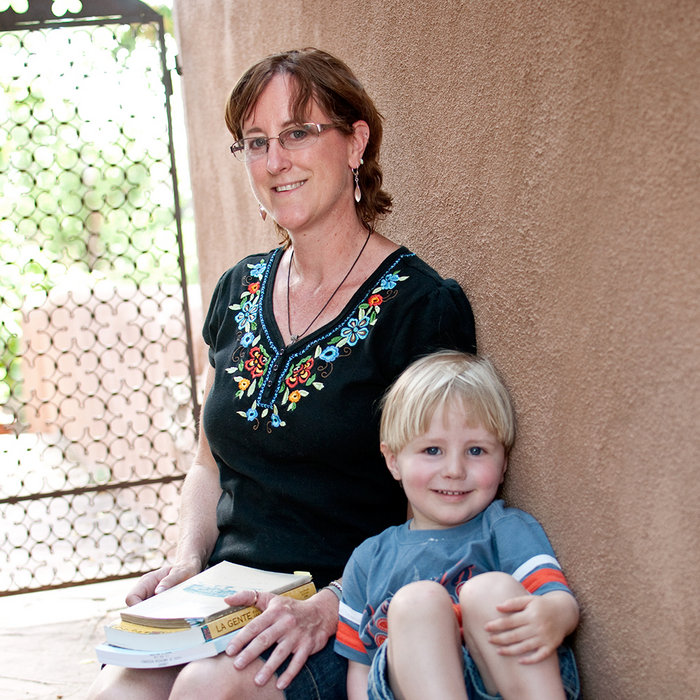
Minette C. Church
2010 Cotsen Summer Scholar
Archaeology of the Lopez Plaza: Childhood, Landscape, and Homeland in the Late Nineteenth Century Southern Colorado Borderlands
Minette Church devoted her residency to drafting a book-length manuscript based on archaeological research at Lopez Plaza, the late nineteenth-century home of the Lopez family in southeastern Colorado. Memoirs by two individuals who grew up on the site provide a rich personal context for family life during this era. It is likely, notes Church, that the twelve children who grew up at Lopez Plaza generated much of the material culture uncovered during three seasons of excavation. If so, this study promises to provide insight into the experience of childhood as well as family life following the heyday of the Santa Fe Trail. Church made considerable progress on her manuscript, which she planned to complete in September. She describes “the seven weeks of the Cotsen summer fellowship [as] by far the most productive time I have had in my recent academic and personal life.”
Affiliation at time of award:
Department of Anthropology
University of Colorado
Sponsored by UCLA Cotsen Institute of Archaeology

Erin Debenport
2010 Christopher Smeall Summer Scholar
Literacy, Perfectibility, and Temporality: Reconciling Pueblo Imagined Pasts and Futures
Erin Debenport devoted her residency to completing a draft of an article based on her study of a language revitalization program at a Rio Grande Pueblo. She analyzed two versions of a text recorded for use in that program to show how the editing process controls the circulation of knowledge. The article examines three key questions. First, is the choice to use writing to create and circulate a political text an affront to Pueblo language ideologies that privilege oral language? Second, how does the author’s insistence on perfecting the text connect to other Pueblo social processes? Third, how can the “discourses of nostalgia” indexed by the author be reconciled with an accompanying vision for the community’s future. “The central component that contributed to my being able to complete this article,” stated Debenport, “was the help and support of my fellow summer scholars.” She plans to submit the article to the Journal of Linguistic Anthropology. She also wrote an article on “Comparative Accounts of Linguistic Fieldwork as Ethical Exercises,” which will appear in the upcoming issue of The International Journal of the Sociology of Language. “Being at SAR,” she explained, “allowed me to have the necessary distance to reflect on eight years of ethnolinguistic fieldwork and connect my experiences with those of other field linguists, with the goal of promoting ethical community academic partnerships.”
Affiliation at time of award:
Center for Language
Interaction, and Culture
University of California – Los Angeles

Poornima Paidipaty
2010 William Y. and Nettie K. Adams Summer Scholar
Tribal Nation: Anthropology as a Frontier Science in Colonial India
During her residency at SAR, Poornima Paidipaty made significant progress on converting her doctoral dissertation into a book. She redesigned the structure of her manuscript to include two parts: a macro-level overview of the history of anthropology in India, and a micro-level examination of four influential Indian anthropologists. She also completed a draft of the first chapter, which focuses on the reformulation of frontier policy during the 19th century. She also outlined the second chapter, which examines how the idea of tribe, as articulated by soldier-scientists and legal scholars, reconfigured the concept of both time and contract. She describes her time at SAR as “a gift [that] allowed me the rare possibility of having both time and space to concentrate on my own writing.” It also provided her with the opportunity to think about a related project on the impact of cybernetics on anthropology. She also valued her interactions with the scholar community, for as she notes, “I learned the most from time spent with my fellow scholars and with the community and staff that make SAR such a vibrant place.”
Affiliation at time of award:
Society of Fellows
University of Chicago
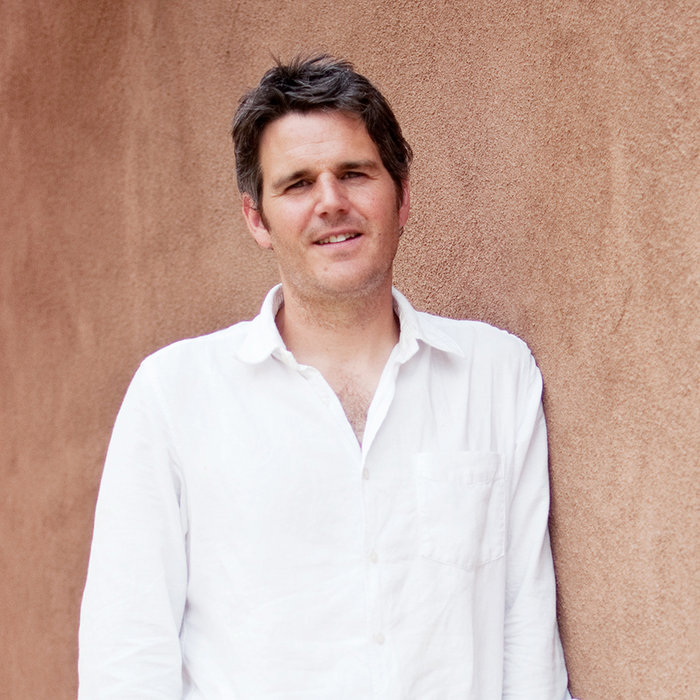
Jason Pribilsky
2010 William Y. and Nettie K. Adams Summer Scholar
Culture’s Laboratory: Scientific Imagination, Applied Anthropology, and the Making of the Cornell-Peru Project at Vicos
Jason Pribilsky made significant progress on a book titled Culture’s Laboratory: Contagious Experiments, Andean Indians, and the Making of Anthropology in Cold War Peru. This study focuses on the Cornell-Peru Project conducted from 1951 to 1966 in Vicos, Peru. Once a struggling hacienda, its lease was purchased during the early 1950s by the anthropology department at Cornell University, which transformed the community into an experiment in applied anthropology. During its 15-year history, improvements in agriculture, education, and healthcare were introduced and then studied to determine the most effective way to implement change. While at SAR, Jason Pribilsky outlined his manuscript, reshaped the central narrative and key arguments, and developed two data chapters. He plans to complete a draft by January 2011. In reflecting on his experience, he states: “There has been something truly magical and inspiring about carrying on these activities at SAR.” As he explains, “the lynch pin to this magic was my cohort of engaged, completely interesting, and diverse colleagues.”
Affiliation at time of award:
Department of Anthropology
Whitman College
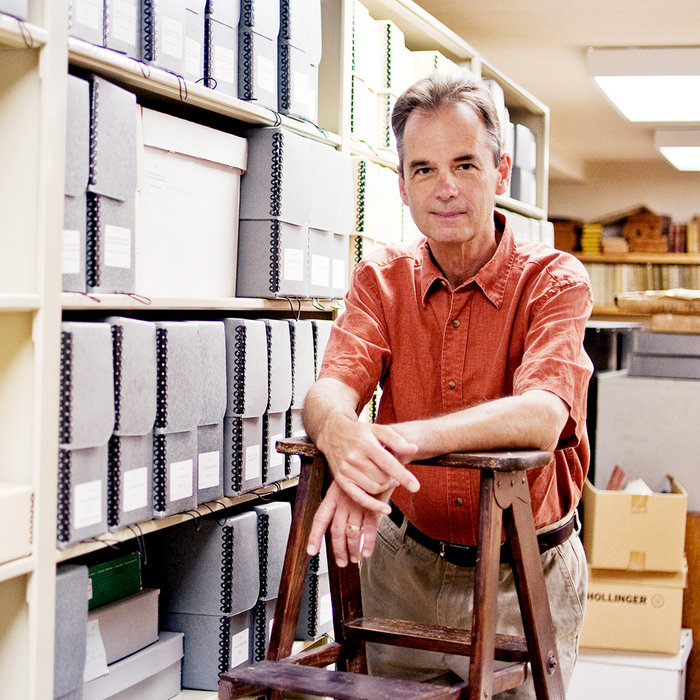
Daniel Usner Jr.
2010 Ethel-Jane Westfeldt Bunting Summer Scholar
Crafting a Traditional Community in Progressive America
Daniel Usner devoted his residency to conducting research for a proposed book on the revival of basket making in the early 20th century among the Chitimacha Indians of south Louisiana. The fellowship provided him with the opportunity to examine important archival materials housed at SAR. These included both the Kenneth Chapman and the Amelia Elizabeth White papers. These materials, as well as information provided by the Indian Arts Research Center, also provided him with insight into Southwestern patrons, whose promotion of Indian art paralleled that of his Southeastern subjects. This in turn enabled him to situate his topic more broadly. In addition, his project also benefited from discussions with Native artists, including Duane Slick, the School’s Dubin Artist fellow. Last but not least, discussions with the other scholars “enriched the theoretical progress of my project [and also] provided me with invaluable feedback.” He concluded: “My seven weeks as a summer fellow at SAR proved to be one of the most fruitful research experiences in my 30-year career.”
Affiliation at time of award:
Department of History
Vanderbilt University
Sponsored by Ethel-Jane Westfeldt Bunting Foundation
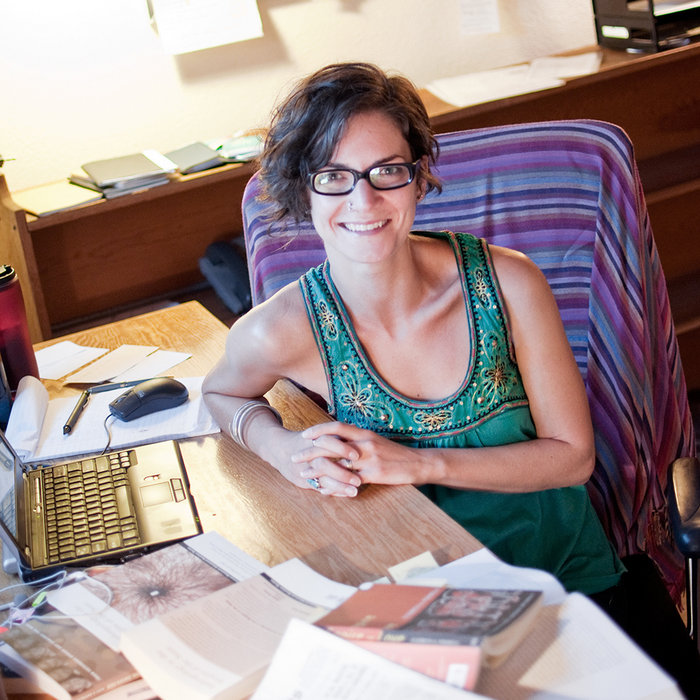
Zoë Wool
2010 Ethel-Jane Westfeldt Bunting Summer Scholar
Emergent Ordinaries at Walter Reed Army Medical Center: An Ethnography of Extra/ordinary Encounters
During her residency at SAR, Zoë Wool made significant progress on her dissertation. Based on twelve months of fieldwork at the Walter Reed Army Medical Center, this study examines the experiences of U.S. soldiers severely injured in Iraq and Afghanistan. More specifically, she focuses on “those moments of encounter where soldiers’ ambitions to the ordinary are foiled by others’ attempts to render them extraordinary.” Her goal, she states, is to elaborate the vital importance to soldiers of an ordinary life and the ways in which that life is denied by endless declarations of heroism, patriotism and sacrifice. She suggests that a life felt and seen to be ordinary is central to the soldier’s rehabilitation. While at SAR, she drafted a key ethnographic chapter, “Life Exfoliated,” and nearly completed a second chapter about her field site, Walter Reed. In describing her experience, she wrote: “While I anticipated the beauty of Santa Fe and the relaxed but stimulating space at SAR, I don’t think I could have been prepared for the depth and fullness of my time there this summer.”
Affiliation at time of award:
Department of Anthropology
University of Toronto
Sponsored by Ethel-Jane Westfeldt Bunting Foundation